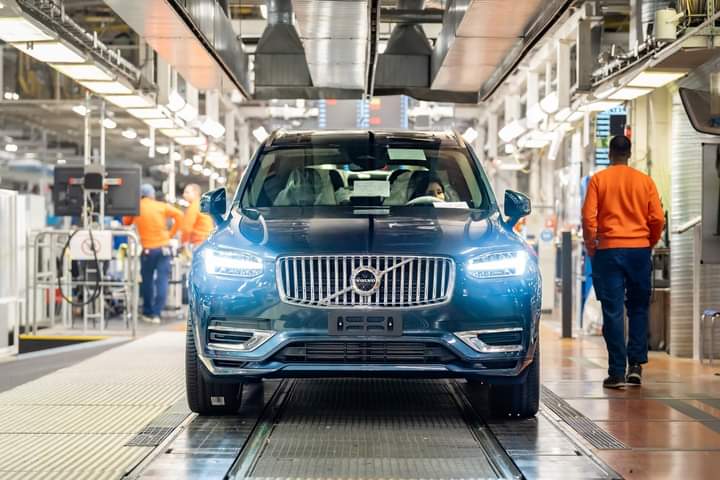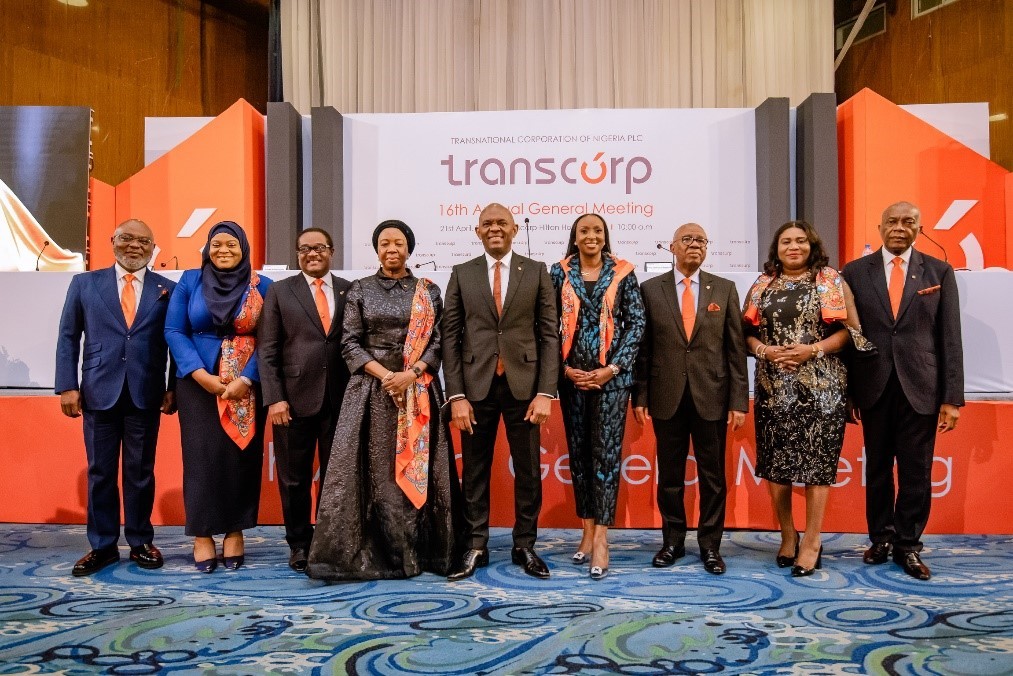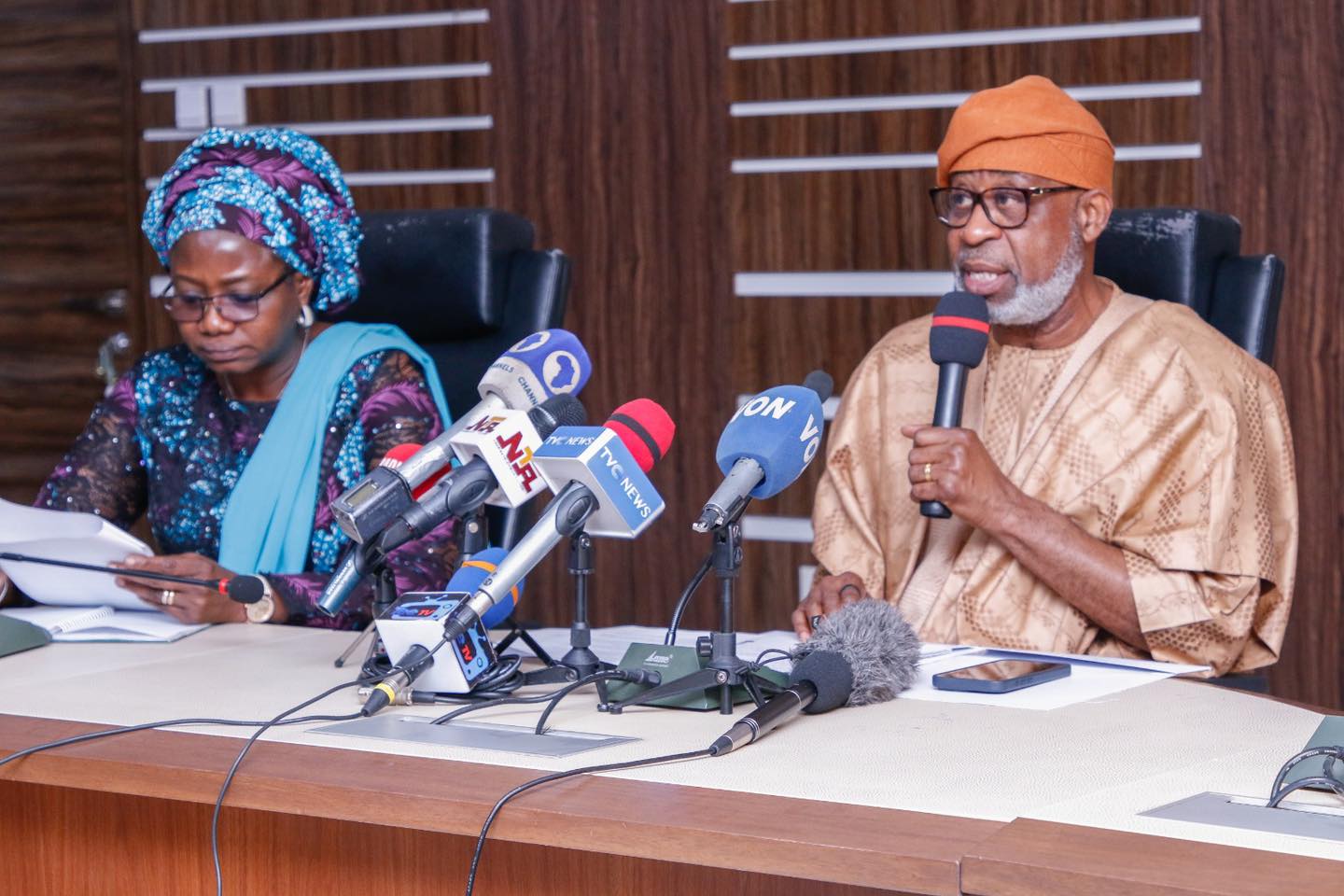VOLVO announced it to the world at Climate Week NYC in September last year, and now it’s becoming a reality: the company has built its last diesel car.
On a cloudy Thursday in early February, the plant in Ghent, Belgium, produced its last diesel-powered car, a V60. And just the other day, the plant in Torslanda, Sweden, saw its last XC90 diesel car roll off the production line.
The events mark a huge milestone in Volvo Cars’ 97-year history. With this move, the brand is taking a big step towards its ambitions of becoming a fully electric car maker, as well as achieving net zero greenhouse gas emissions by 2040.
For a long time, its diesel engines were synonymous with reliability and efficiency, and they meant a great deal to Volvo for many decades. Indeed, the success of its diesel cars played a significant role in its evolution into a premium brand.
In recent years, the electric revolution has evolved quicker than most of us could have imagined – and it’s largely propelled by tightening regulations around tailpipe emissions, as well as customer demand in response to the climate crisis and a desire for cleaner urban air.
Only five years ago, the diesel engine was Volvo’s bread and butter in Europe, just like it was for most other car makers. The majority of the cars we sold in Europe in 2019 ran on diesel, while electric models were just starting to gain traction.
Today, most of its sales on the continent are electrified cars. Last year, it increased sales of fully electric cars by 70 per cent, and its global electric market share by 34 per cent. The figures speak for themselves, underscoring that the all-electric direction Volvo is now heading towards is the right one to take, and it does so with its flag held high.
While Volvo future indeed is fully electric, its mixed portfolio includes some excellent plug-in hybrid and mild-hybrid models, which will act as a perfect bridge towards that future.
Some key milestones in Volvo’s diesel history:
1979. Neither Sweden nor Europe is a diesel market. Those who buy diesel cars tend to be taxi drivers or long-haul travellers. But people have slowly begun to see the benefits of the more efficient diesel engines and demand is on the rise. So, Volvo listens to its customers and introduces its first-ever diesel car: the Volvo 244 GL D6. The engine is powerful, very efficient and the world’s first six-cylinder diesel engine for passenger cars.
2001. The diesel car scene gains momentum. When Volvo launches the Volvo V70, it was also finally time for it to introduce its first self-built diesel engine. This five-cylinder engine, manufactured at the Volvo powertrain plant in Skövde, Sweden, was to become a huge success and powered many Volvo cars across Europe. It’s made in several different versions and was so powerful that it was even being used on the racetrack in a car called the S60 Challenge. Also, colleagues at Volvo Penta even decided to make a marine version of this engine.

2008. Time for the next big diesel milestone: the launch of the Drive-E lineup – featuring small yet highly efficient 1.6-litre diesel engines. With the sun on your face and the wind at your back, you could go 1,300km on a single tank, and CO2 emission levels were so low that they got classified as ‘green engines’ in Sweden. The Drive-E engines were flexibly built and worked well in different Volvo models. With their balance of efficiency and performance, they marked a big step forward in diesel technology.
2012. Volvo launched the Volvo V60 D6 plug-in hybrid, a unique car: it was the world’s first plug-in hybrid fitted with a diesel engine. At the time, it was Volvo’s most technically advanced model ever – electric, hybrid and a muscle car all at once. And it was truly something of an engineering wonder. Depending on the driving mode, it could go as far as 50 kilometres on electric power, had a total range of up to 1,000 kilometres, and with 215 horsepower from the diesel engine and 70 horsepower from the electric motor, it accelerated from 0 to 100km/h in 6.2 seconds.
2013. For the second time in history, Volvo launches a completely self-built diesel engine family: Volvo Engine Architecture (VEA). The combination of higher injection pressure and the unique i-ART technology was considered revolutionary in the diesel industry.
Volvo customers could enjoy better fuel economy, lower emissions and high output. The new engines were used in a variety of models and become a success in the second-generation XC90. They lived on until the end, powering the very last diesel-powered V60 and XC90 built.
2023. Volvo moved away from combustion engines by selling its stake in Aurobay, the combustion engine joint venture company it had together with Geely Holding.
Steve Grants



















